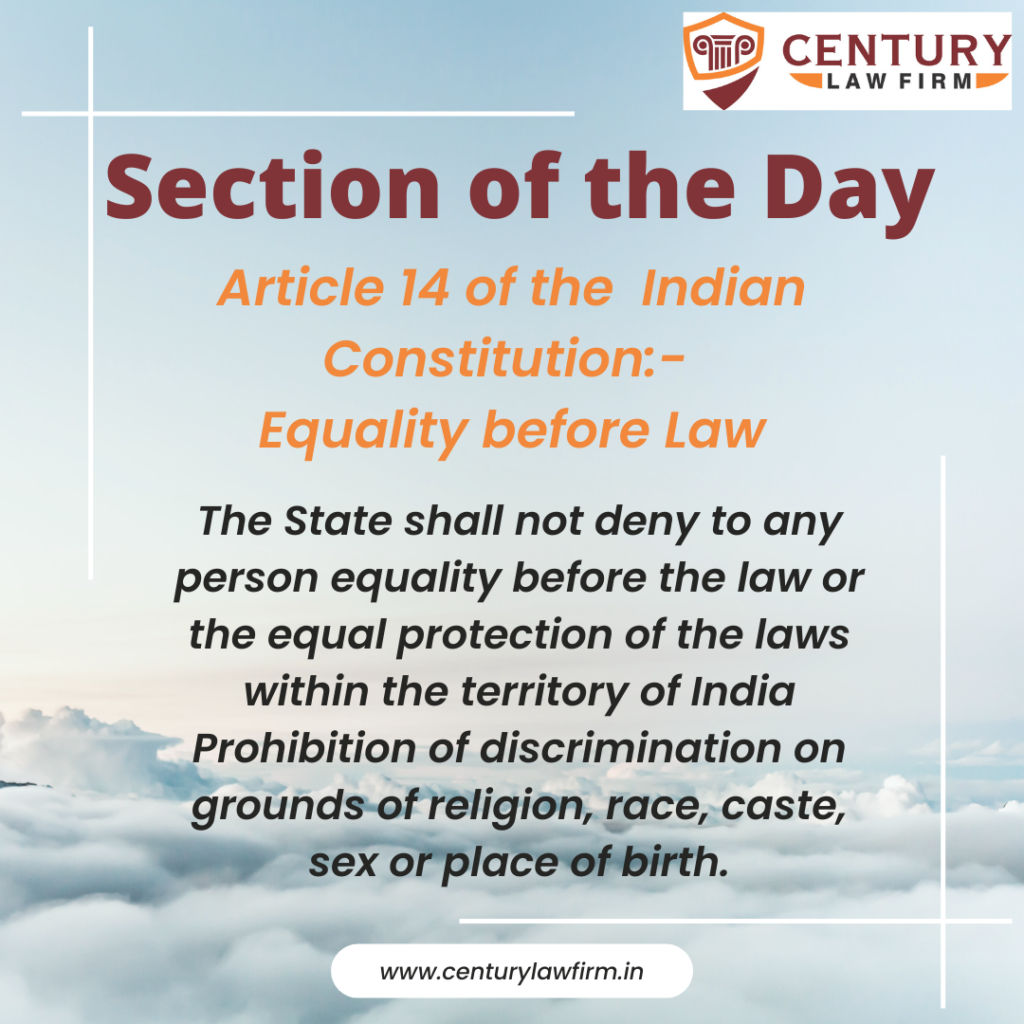In-Depth Analysis of Article 14 of the Indian Constitution
Introduction to Article 14 of the Indian Constitution Article 14 of the Constitution of India is one of the most fundamental provisions in the Indian Constitution. It guarantees the right to equality before the law and equal protection of the law to all citizens of India. This article lays down the foundation of equality and […]
In-Depth Analysis of Article 14 of the Indian Constitution Read More »







